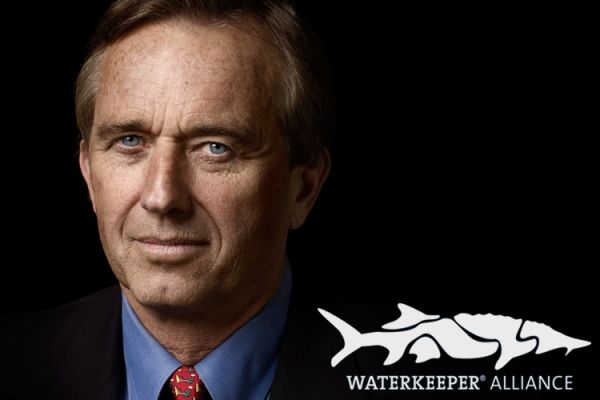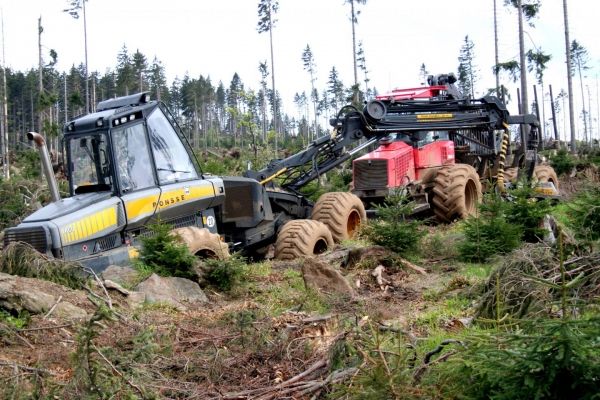
The protection of our shared environment has long been among government’s most fundamental responsibilities. Ancient Rome’s Code of Justinian, one of the first efforts at constitutional governance, guaranteed to all citizens the use of the “public trust” or “commons” — those shared resources that cannot be reduced to private property, including the air, water, forests and fisheries. Throughout Western history, the first acts of tyrants have invariably included efforts to deliver public-trust assets into private hands. During the Dark Ages, when Roman law broke down in England, King John attempted to sell off the country’s fisheries, place navigational tolls on England’s rivers, and seize its woodlands and game animals. Enraged at that theft of public-trust assets, England’s people confronted John at Runnymede in 1215, forcing him to sign the Magna Carta. That seminal democratic document included a powerful articulation of the principle that the commons of water, fisheries and woodland were not commodities to be bartered away by a prince, but the rightful property of all citizens.
>> Read the Full Article

Białowieża Forest in Eastern Poland is one of the last remaining primeval forests in Europe. For the time being. In 2017, the Polish government had 100,000 more trees logged than previously, despite the fact that large areas of the Natural World Heritage site are under strict protection. They did this under the pretense of preventing the bark beetle from spreading further. The motor saws are quiet now after protests from environmental activists, Europe-wide criticism in the media and concerns by the European Commission. The case has been handed to the European Court and the minister of the environment was sacked.
>> Read the Full Article

 ENN
Environmental News Network -- Know Your Environment
ENN
Environmental News Network -- Know Your Environment